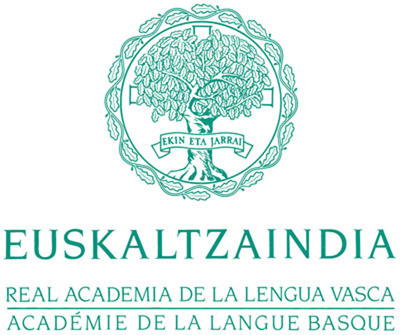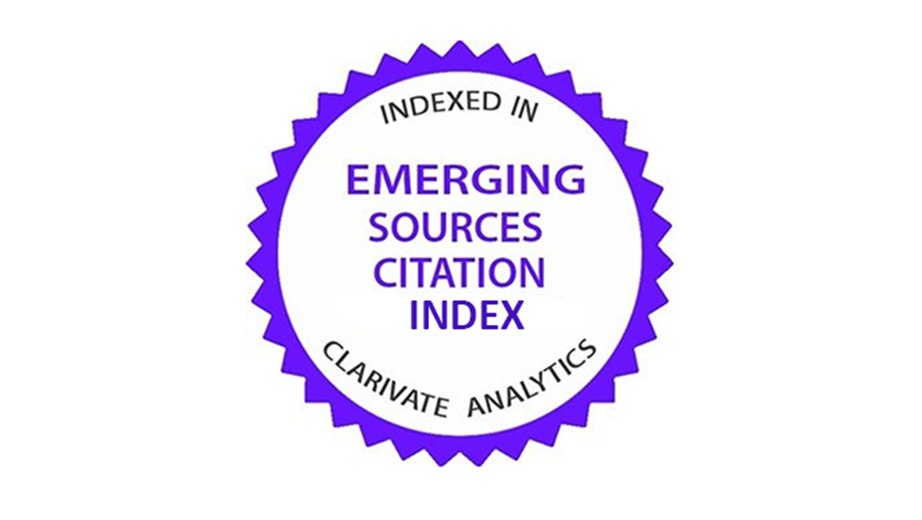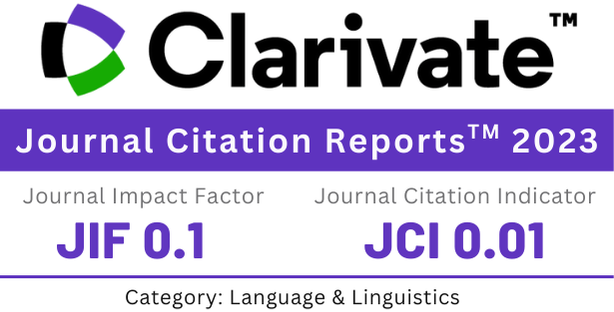About the Journal
- ISSN: 0210-1564 (printed edition)
- ISSN: 2792-2278 (electronic edition)
- ISSN-L: 0210-1564
- Title of the journal: Euskera Ikerketa Aldizkaria
- DOI: 10.59866/eia
- Key Title: Basque (Internet)
- Title in the original script of the title: Euskera Ikerketa Aldizkaria
- Subject: Philology, Linguistics.
- Sponsoring body: Euskaltzaindia, Royal Academy of the Basque Language
- Publisher: Euskaltzaindia, Royal Academy of the Basque Language
- Frequency: 6-monthly
- Publication dates: no. 1 March-April; no. 2 September - October
- Resource type: Journal
- Languages: Basque, Spanish, French, English.
- Country: Spain
- Medium: Online
Features of the journal
Euskera Ikerketa Aldizkaria publishes original research papers, book reviews and other content within the field of research of Euskaltzaindia. It is published in print and electronic forms. As a publication prior to Euskera Ikerketa Aldizkaria, the review Euskera was the official publication of Euskaltzaindia, published from 1920 to 2022.
As soon as Euskaltzaindia had been set up it took on important work, as shown in the issues of the journal before the Spanish Civil War (1936-39). The dictatorship imposed after the war brought with it prohibition. This is why the journal was not published for several years. After the end of the Second World War, as a result of changes in international geopolitics, from 1950 onwards the Franco dictatorship moderated its repression of the Basque language, even though it continued to exclude it from the political and administrative sphere. Euskaltzaindia gradually began to undertake new projects and from 1956 onwards it resumed publication of the journal Euskera. From the Congress of Arantzazu (1968) onwards, Euskaltzaindia took a series of decisions in the fields of phonology, lexis, grammar and onomastics. All these rules were published in the journal Euskera.
In 1976 the Kingdom of Spain accepted Euskaltzaindia as a Royal Academy. In 1979 the Statute of Autonomy of Euskadi/the Basque Country was proclaimed, followed in 1982 by the Navarra charter enhancement act. In this social context, Euskaltzaindia gained official status and recognition and all this had consequences for its journal. The "Index (1920-1979)" was completed in 1980, marking a specific date and, so to speak, ushering in a new era. Euskaltzaindia's academic activities expanded and the congresses of Arrasate/Mondragón (1979) and Iruñea/Pamplona (1984) were of special importance in this. A range of papers in many areas of Basque grammar were presented there and all of them were published in the journal Euskera. In this way Euskaltzaindia once again showed how far its work on normalising and setting rules for the Basque language had progressed.
At the end of the first decade of the 21st century, the journal Euskera was overhauled, taking several steps forward in terms of quality, with the aim of gaining approval and attaining the levels of standardisation of today's academic publications in our field. After setting up the Editorial Committee (2009) and the Advisory Committee (2010), it was indexed in the LATINDEX catalogue and incorporated into several databases (ISOC, DIALNET, INGUMA, ESCI). Also provided is the possibility of consultation in four languages (Basque, Spanish, French and English) in order to be a landmark in the sphere of Basque culture. At the same time efforts have been made to expand the journal's coverage. More than two hundred academic papers have already been published. The authors include many of the leading names in the field of Basque studies.
From 2023 onwards there are two kinds of publication: on the one hand, Euskera Ikerketa Aldizkaria, and on the other Euskaltzaindiaren buletina. The former publishes original research papers, book reviews and other content in the research area of Euskaltzaindia, and is published on paper and in electronic format. The second documents the academic life and work of Euskaltzaindia, and is published electronically.
Euskera Ikerketa Aldizkaria comes out twice a year: the spring issue (January-June) published between March and April and the second (July-December) between September and October. To publish research papers the editorial committee requests the opinion of external assessors, using the double-blind PEER REVIEW system.
Areas of work and coverage
Euskera Ikerketa Aldizkaria is a peer-reviewed journal published twice a year, the fundamental purpose of which is to publish academic and scientific papers on original research work. These are the Academy's areas of work and coverage.
- Basque dialectology
- Basque grammar
- Basque lexicography / Lexicography
- Basque onomastics
- Basque philology
- Basque phonetics and phonology
- General linguistics
- History of Basque
- Language normalisation
- Language rights
- Literature
- New language technologies
- Scientific and technical Basque
- Setting language rules
- Sociolinguistics
- Teaching the language
- Translation
Notes and documents related to other fields of research such as history, law, anthropology, archaeology and sociology may also be published. By publishing these texts Euskera Ikerketa Aldizkaria wishes to disseminate and pass on knowledge and values expressing Basque culture.
Languages of publication
The papers, notes, reports and reviews will be published in the languages commonly used in the academic field in Euskal Herria, the Basque-speaking regions. Publication in Basque will be prioritised but work written in English, Spanish or French will also have its place. In the event of a piece arriving in any other language, the Editorial Committee will decide whether to publish it or not.
Open access and copyright policy
Euskera Ikerketa Aldizkaria offers open, free access to its content to contribute to generating knowledge about the Basque language, in accordance with the aims proposed by Euskaltzaindia, or with which it has been charged. In order to encourage dissemination of this knowledge, Euskera Ikerketa Aldizkaria adheres to the Open Access (OA) journal movement and hands over all its content to a range of Spanish and international indices, repositories and databases under this protocol. Therefore, submission of a paper for publication in the journal implies explicit agreement by the author to this method of distribution: Creative Commons Licence.
Euskera Ikerketa Aldizkaria is published under the Creative Commons series of licences in the Recognition-NonComercial (by-nc) form: Derivative works may be produced providing no commercial use is made. Nor may the original be used for commercial purposes. Thus, when the author submits their work they are explicitly agreeing to this grant of rights of editing and publication.
Notwithstanding the stipulations of the rewritten text of the intellectual property act, passed by Royal Legislative Decree 1/1996 of 12th April 1996, and in accordance with it, the author grants on a free, non-exclusive basis with no time limit the rights to disseminate, reproduce, communicate and distribute, in any present or future form (paper or electronic), to Euskaltzaindia so that it can be published in the journal Euskera Ikerketa Aldizkaria. Notwithstanding the said grant, the author retains the right to file the final version following peer review or the publisher's final version in any of its format in open-access institutional repositories and self-filing platforms, wherever possible providing a link to the document published by Euskera Ikerketa Aldizkaria on its platform. In any case, the author undertakes to sign the document granting rights, identical to this model, before publication.
Funding and publication charges
Euskera Ikerketa Aldizkaria is funded entirely by Euskaltzaindia's budget and does not charge authors for publishing articles (Article Processing Charges, APCs) or for any other reason.
Anti-plagiarism policy
The author is responsible for ensuring that the information contained in their work is original and has not been copied, invented, distorted or tampered with, and has been agreed on in the case of joint authorship. Plagiarism in any form is considered unethical and will be grounds for immediate rejection, or of withdrawal of any texts published in which it is detected. Texts received by the publisher may be subjected to a similarity analysis using the programme Turnitin in order to ensure their originality. Authors will be informed of any rejection due to lack of originality, and the report included. There is no maximum similarity percentage; the editors will decide on any rejection in view of their assessment of the similarity report.
Preservation and archiving policy
Preservation. This journal uses PKP Preservation Network (PKP PN) Public Knowledge Project’s Private LOCKSS Network (PKP-PLN), to digitally preserve the issues published. Every issue published is automatically transferred, so that it is filed once it has been validated. Back numbers are also being added as they can be revised. PKP offers perpetual, uninterrupted access and preservation of the authentic original version of the content.
LOCKSS and CLOCKSS. The journal also uses OJS support for LOCKSS (Lots of Copies Keep Stuff Safe)
On the other hand, Euskaltzaindia is the depositary and keeps the archive of the journal Euskera Ikerketa Aldizkaria, preserving the archives in accordance with current legislation on preservation of information within the sphere of the Spanish public administration, in accordance with Article 21 (Application of information and communications technologies to document management and processing) of Royal Decree 1708/2011.
Self-filing. With regard to self-filing policies, Euskera Ikerketa Aldizkaria allows the author or co-author to file the post-print version (e.g. the one following peer review) or the publisher's/PDF version.
File formats. Euskera Ikerketa Aldizkaria is currently published in electronic format. For wider distribution of content and broad compatibility with reading devices, it is currently distributed in the following formats: PDF; EPUB.
Interoperability protocols
Euskera Ikerketa Aldizkaria uses interoperability protocols that allow it to be harvested by other distribution systems. Thus, it includes Dublin Core metatags, both on the journal start page and in the articles. OAI-PMH (Open Archives Initiative – Protocol for Metadata Harvesting) is a protocol used to transmit metadata on the Internet. It was created in order to develop standards to facilitate the interoperability of content on the Internet, making it possible to harvest metadata much more simply and efficiently. Here is the web address to access:
https://euskera-ikerketa.euskaltzaindia.eus/index.php/euskera/oai
Publishing activity statistics 2024
Manuscripts: Rates
- Manuscripts received: 14
- Manuscripts assessed: 14
- Manuscripts published: 14
- Acceptance of manuscripts: 14
- Rejection of manuscripts: 0
- Manuscripts with no outside review: 2
- Authorship: 16
- Total Authors: 21
- Single-author articles: 12
- Collaborative works: 4
- Rate of co-authorship per article: 1,31
- Degree of internationalisation: authors' countries: 2
Reviewers
- Total reviewers used: 24
- National reviews: 22
- International reviews: 2
Manuscripts: management
- Average time taken to review manuscripts: 35 days
- Average time taken to accept manuscripts: 40 days
- Average time to final publication of articles (average time between reception, acceptance and publication): 61 days
- Manuscripts declaring funding by projects, institutions, etc.: 9
Publishing activity statistics 2023
Manuscripts: Rates
- Manuscripts received: 15
- Manuscripts assessed: 15
- Manuscripts published: 13
- Acceptance of manuscripts: 13
- Rejection of manuscripts: 2
- Manuscripts with no outside review: 4
- Authorship: 13
- Total Authors: 20
- Single-author articles: 10
- Collaborative works: 3
- Rate of co-authorship per article: 1,53
- Degree of internationalisation: authors' countries: 2
Reviewers
- Total reviewers used: 22
- National reviews: 22
- International reviews: 0
Manuscripts: management
- Average time taken to review manuscripts: 42 days
- Average time taken to accept manuscripts: 68 days
- Average time to final publication of articles (average time between reception, acceptance and publication): 94 days
- Manuscripts declaring funding by projects, institutions, etc.: 3







